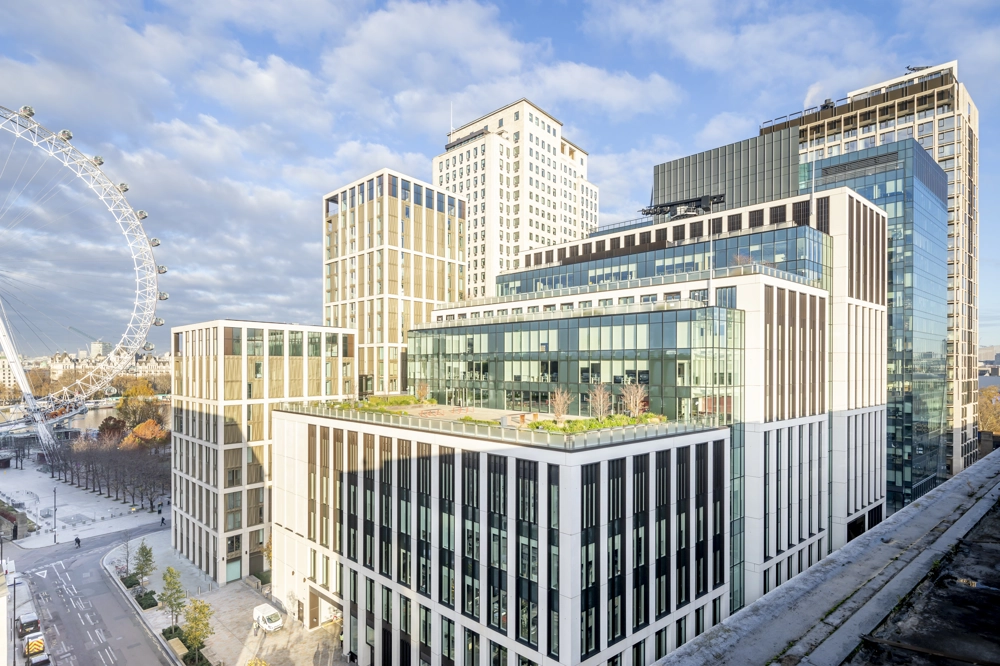- Retirement income, including annuities
- Lifetime mortgages/equity release
- Retirement financial advice
- Care
- Protection
Pandemic polarises retirement opportunity gap for over 50s
The pandemic may be increasing rates of ‘retirement inequality’ in the UK, according to new research from Legal & General Retail Retirement which has been tracking the effects of the pandemic on retirement for the last year
17 Mar 2021
Full press release

- 1.3 million people plan to retire early due to the pandemic
- However, 1.45 million people plan to delay retirement by more than 3 years on average
- One in five over 50s – 2.6 million - expect to keep working indefinitely as a direct result of Covid-19
- A third of over 50s in work have seen a decrease in their monthly household income, by an average of £500
According to the retirement provider’s findings, two out of five people aged over 50 and not already retired (41%) have seen Covid-19 have some impact on their career and retirement plans. One in 10 pre-retiree over 50s (9%) – 1.3 million – have seemingly benefitted, expecting to retire an average of 2 years earlier than they initially planned to. However, (10%) – 1.45 million – now expect to delay their retirement by an average of 3 years as a direct result of financial setbacks caused by the pandemic. A further 20% of pre-retirees aged over 50 (2.6 million) anticipate they will need to continue working indefinitely, as a result of Covid-19’s impact.
The pandemic has had a direct impact on the household incomes of many over 50s, according to the research. Like much of the UK, people aged 50-64 were hit hard by the pandemic with unemployment among this group rising from 2.6% in April 2020 to 4.1% in Dec 2020, according to the Office for National Statistics2. Further analysis of this data by Legal & General found that there are 429,000 unemployed over-50s in the UK, making up one in four (25%) of all unemployed people.
A third of people aged over 50 and in work (34%) have seen their household income decrease due to Covid-19, by £500 per month on average. This is approximately 20% of a family’s overall monthly spend of £2,5373 and more than the average amount needed to cover all monthly bills, after rent or mortgage payments are made (£400).
This shift in household finances has led many people to adjust their monthly retirement savings, at a period in their lives which is often crucial. Three out of five over 50s workers (68%) have seen the pandemic have a direct impact on their retirement savings. 13% are saving more towards their retirement and 13% are saving less towards their retirement. Those saving more are putting an additional £335 a month away. Those saving less have had to reduce their retirement savings by £230 a month.
Andrew Kail, CEO, Legal & General Retail Retirement: "One year on from the first national lockdown, we are starting to get a clearer picture of the longterm financial impact of the pandemic. Across the board, we are seeing increasing evidence of income inequality. On the one hand we have seen the number of people on Universal Credit double4, while others have seen their savings reach new highs, according to the Bank of England5. As our research shows, for the older generation that has prompted some people to take early retirement, while some are left questioning whether they will have to stay in work indefinitely.A dramatic shift in household income can often mean that people need to make changes in what they prioritise, but for people in these all-important ‘pre-retirement years’ these changes can have particularly long-lasting repercussions, particularly for people who have stopped saving towards retirement. For over 50s worrying about their finances, it’s important they have a clear understanding of what they have in their retirement pots and what other assets are on hand to boost their income at the point they retire, such as property wealth.
We recommend that anyone who has started saving less towards retirement return to their previous savings levels as soon as they are able to. For those that have been fortunate enough to save more during the pandemic, this could be an opportunity to make additional payments towards their retirement. To help those approaching retirement understand their options Legal & General has a free online course with The Open University, setting out a series of stepping stones to a financially secure retirement."
Further information





